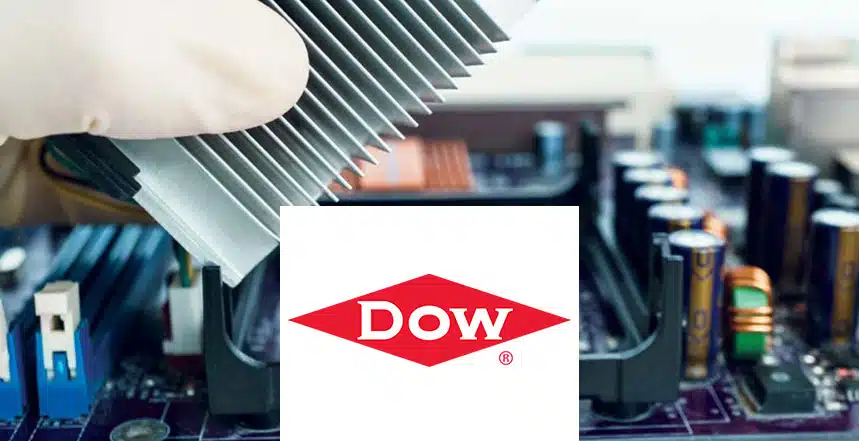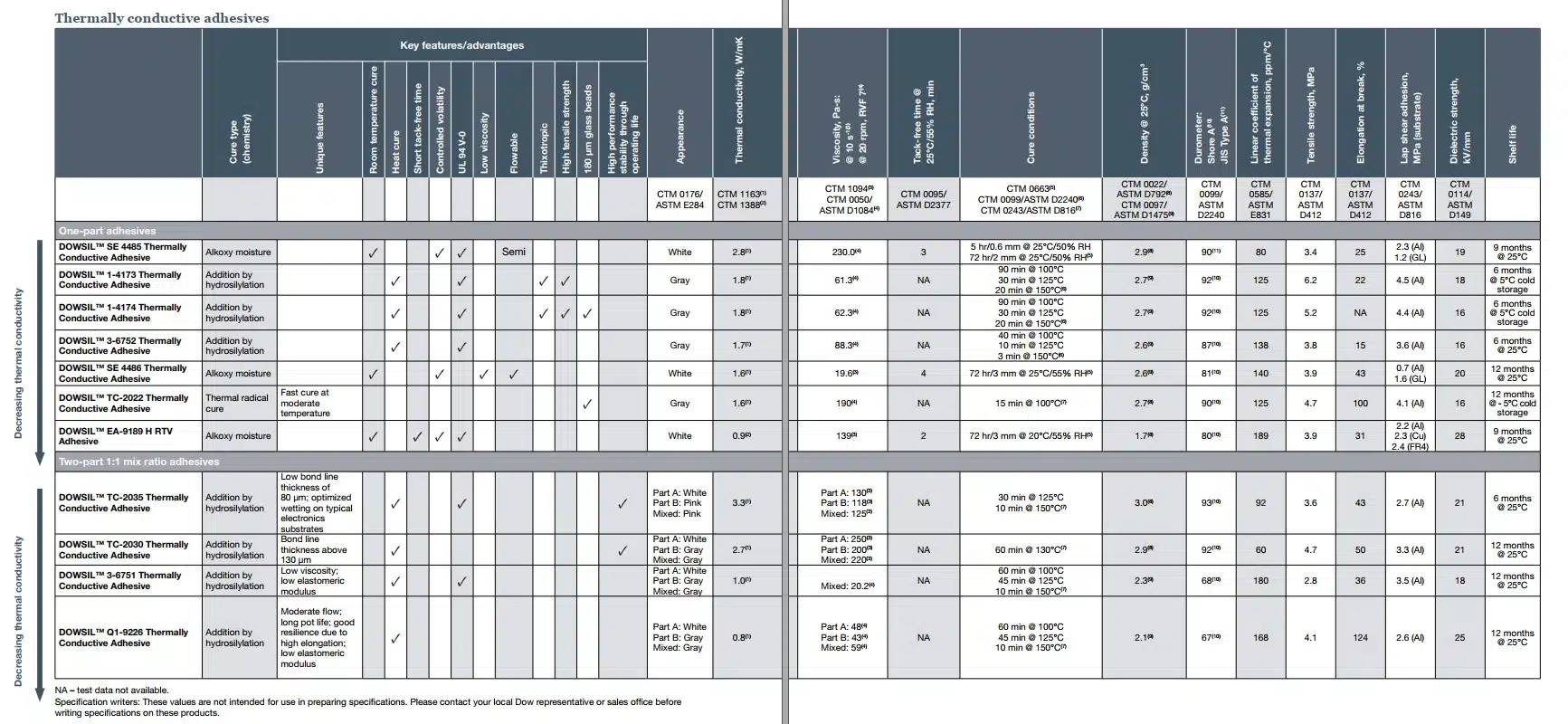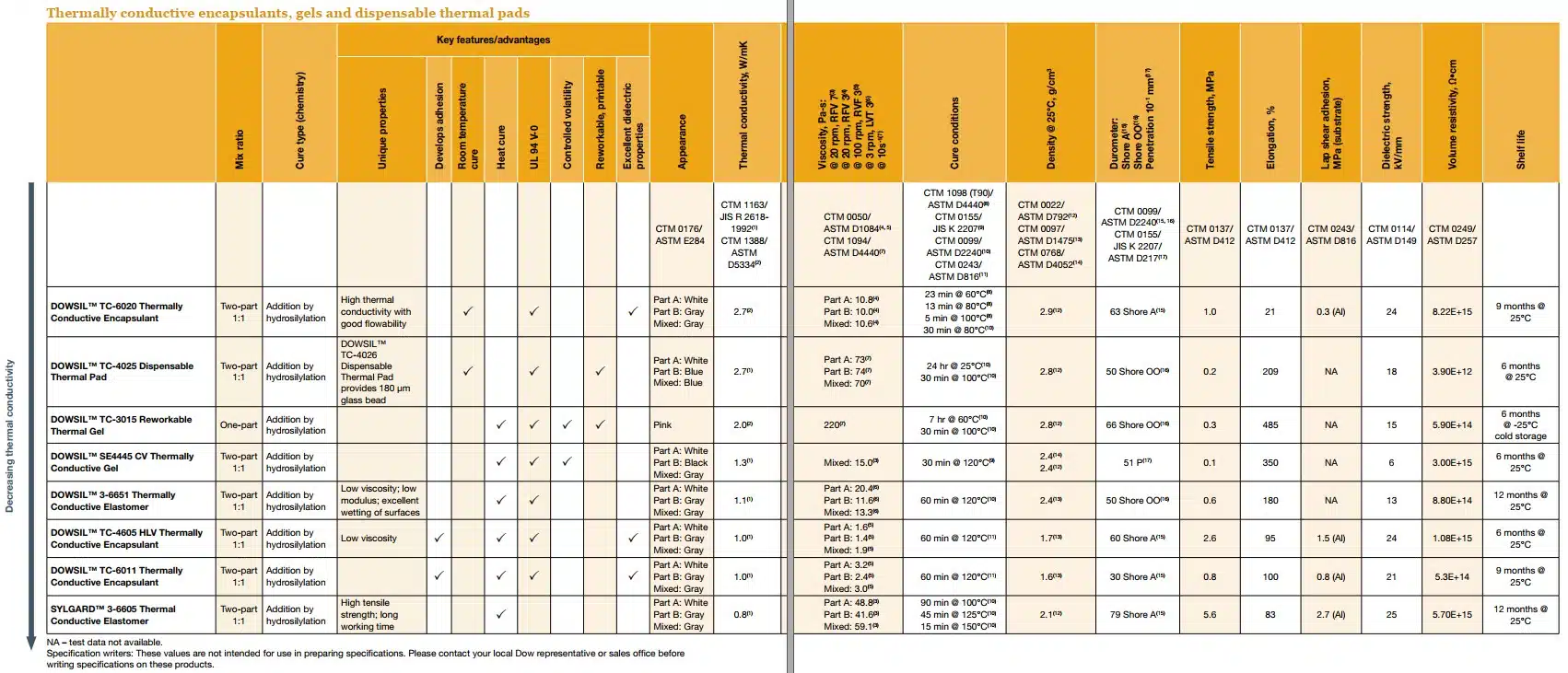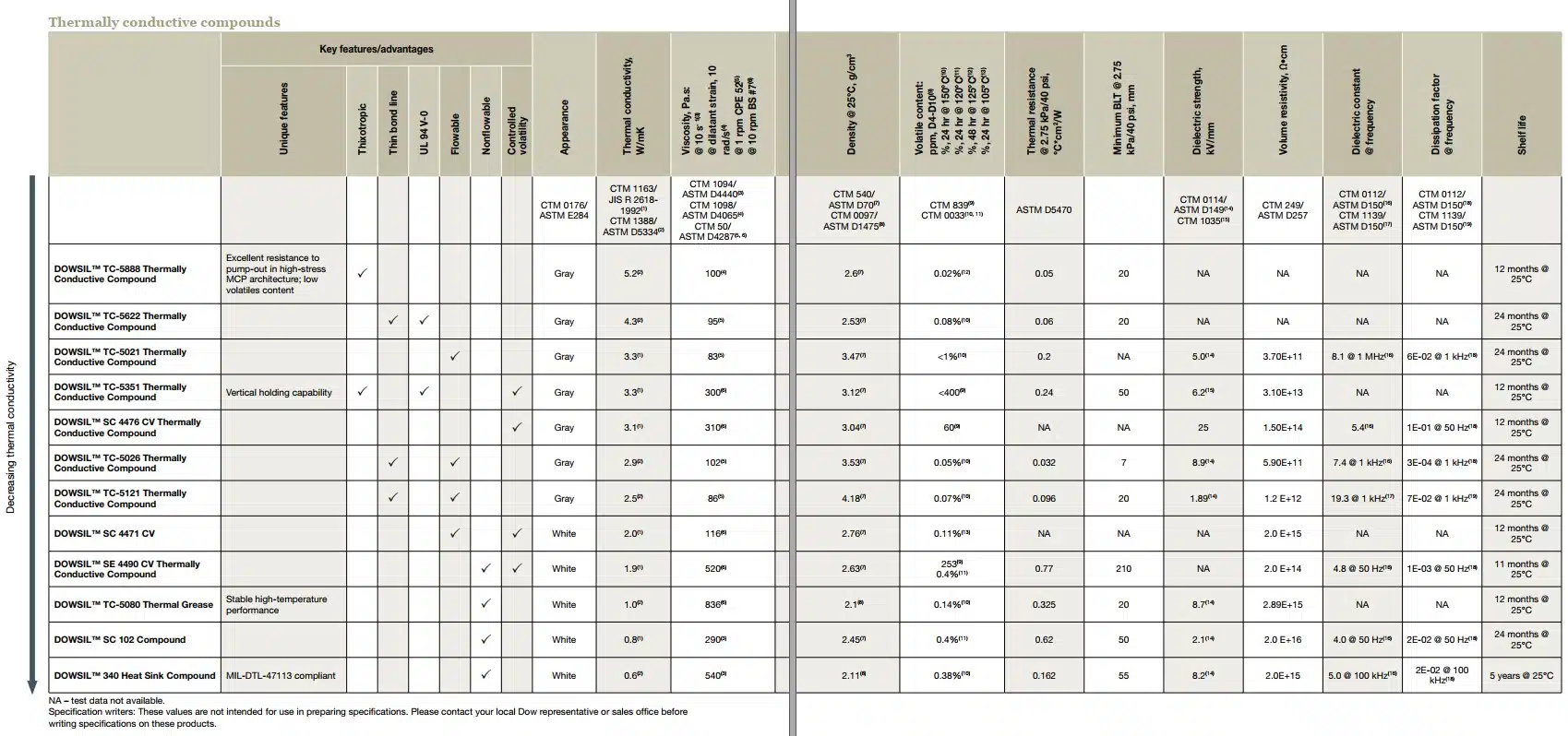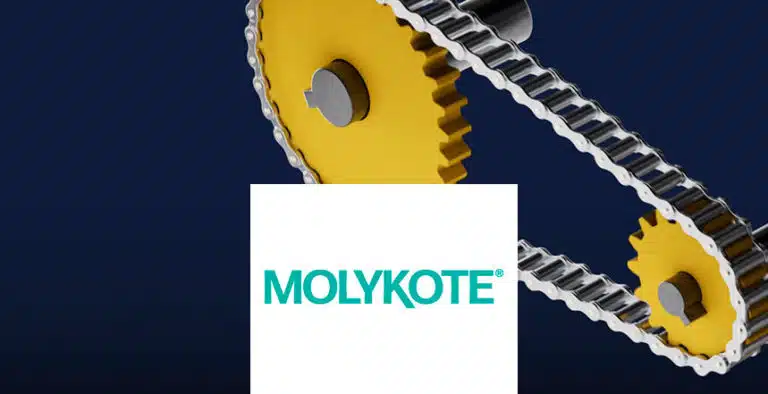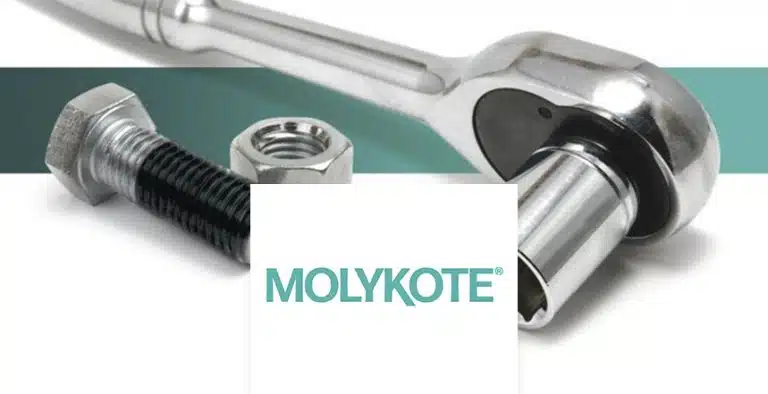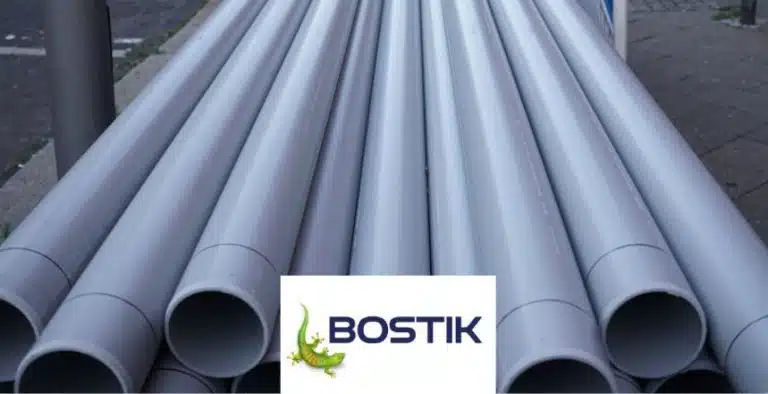Thermally conductive materials – Enhanced performance and reliability of your electronics design
Why heat is the enemy of devices
The reasons may vary from application to application. Yet, improved thermal management is increasingly critical to maintaining the long-term performance and reliability of PCB system assemblies in virtually every industry.
Transportation: From rail to road, vehicles are increasingly reliant on PCB system assemblies for everything from optimized fuel consumption and safety to propulsion and braking. As this trend accelerates, it will drive demand for higher performance and more cost-effective thermal management solutions.
Heat management: The trend toward smaller devices with more densely packed PCB system components is converging with expanded use of flip chip and stacked die architectures. As a result, new thermal management solutions are needed to effectively dissipate heat and deliver greater device reliability.
Solid-state lighting: Unlike conventional light sources, the ability to manage the temperature of an LED module has a direct impact on the reliability, output quality, lifetime and system cost of the device. Moreover, thermal management is becoming an increasingly important performance metric for the entire LED value chain, as solid-state lighting competes with conventional illumination for high-intensity and hightemperature applications.
Power devices: Power supplies and controls for industry, computer servers, and solar and wind energy are all managing higher electrical loads and, with them, increasing temperatures. The trend is creating a need for improved thermal management to dissipate heat in these devices, as this translates into improved performance, reliability and lifetime. Improved thermal management also offers needed design flexibility.
Consumer devices and telecommunications: Form factor optimization is one of the challenges facing this industry. Thin is in for consumer devices, requiring compact, multifunctional thermal management solutions.
Why silicone thermal solutions from Dow?
The inherent versatility of silicone chemistry can help expand your design freedom, increase your processing options, and enhance the performance and reliability of your device. As a class of materials, silicones generally offer demonstrable benefits over organic-based urethane and epoxy solutions, including:
- Superior stability and reliability across temperatures from -45°C to 200°C
- More physically robust under mechanical stress caused by thermal cycling or mismatched coefficient of thermal expansion
- Higher elongation and compression for extraordinary protection against shock and vibration
- Greater hydrostability and stronger resistance to chemicals
- None of the toxicity issues of organics, helping to reduce or eliminate special handling precautions
- Simpler processing without the need for oven-drying or concerns about exotherms
- Stable pot life and ease of reworkability
Dow builds on silicone’s inherent potential by combining it with industry-leading materials knowledge, application expertise, customer collaboration and a global footprint. The value we add is further evident in the unmatched breadth of our industry-leading product portfolio, which encompasses a broad selection of thermally conductive adhesives, compounds, encapsulants and dispensable pads – all available in a wide range of delivery formats, viscosities, cure chemistries, and thermal and mechanical profiles.
There likely is a specific category or grade that delivers the optimal processing and performance advantages for your device design, and we’ve designed this guide to help you quickly narrow your search for a thermal management solution that meets your design goals for heat dissipation,
processability and low cost of ownership.
Next-generation thermal management materials … today!
Dow listens closely to its customers and continuously innovates across product technologies to deliver next-generation thermal solutions when you need them – today.
Available in a broad range of viscosities and cure chemistries, our thermally conductive materials come in various delivery formats.
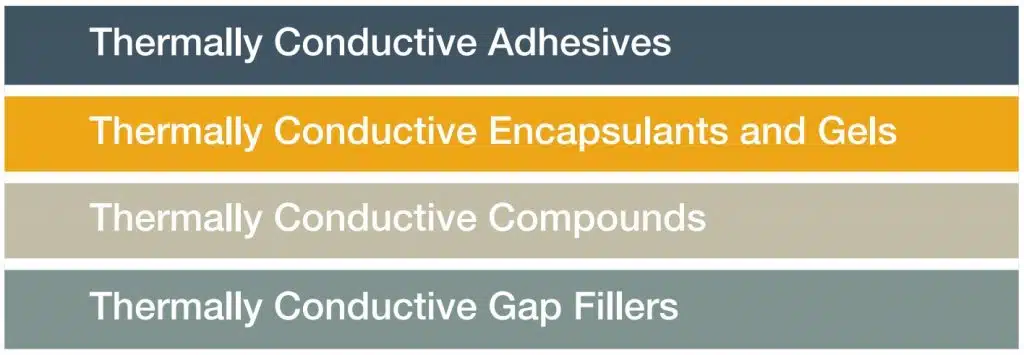
Thermal conductivity vs. viscosity
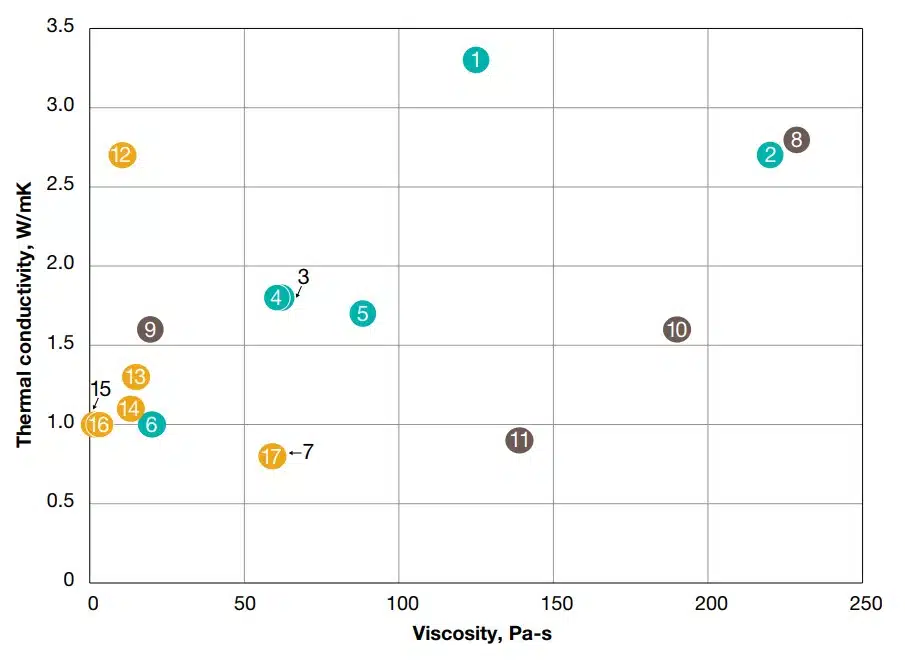
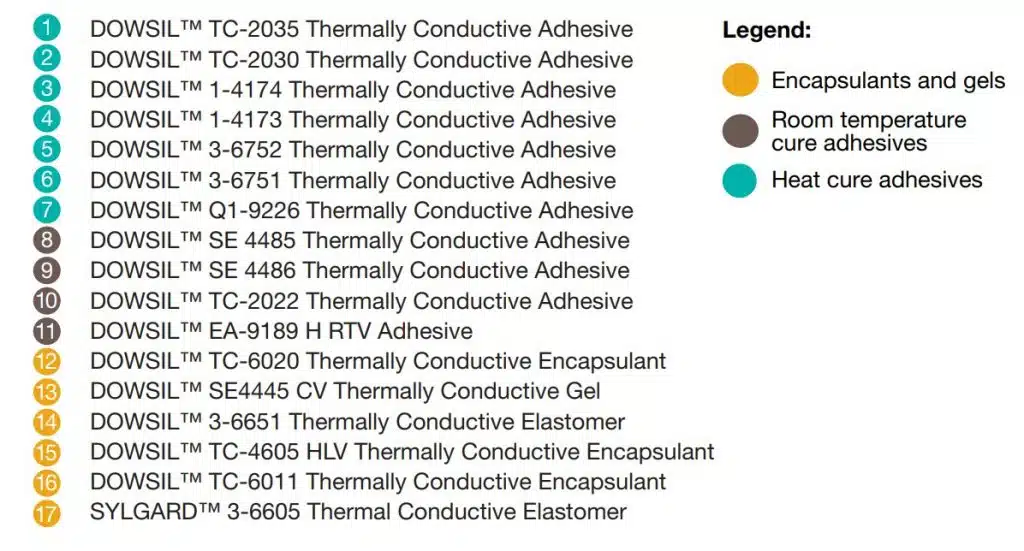
Thermal conductivity vs. hardness
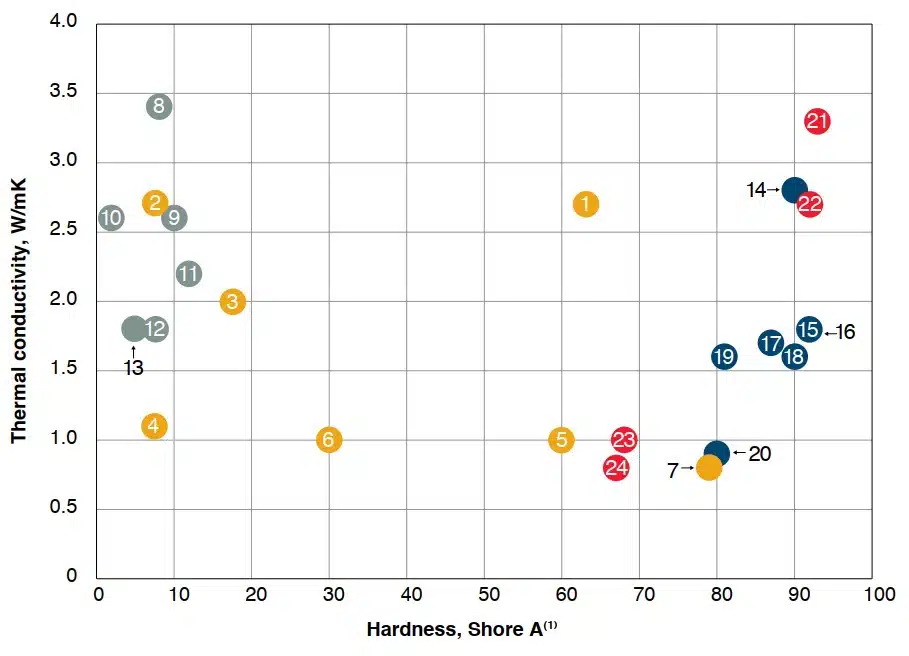
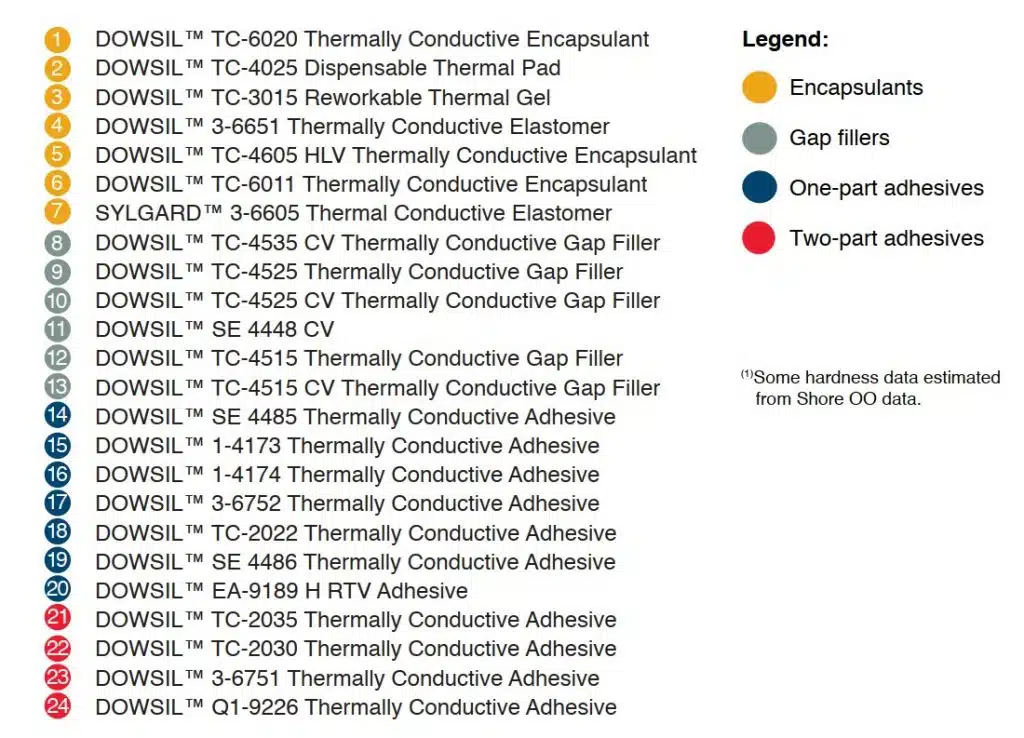
Choose your thermally conductive adhesive
DOWSIL™ thermally conductive silicone adhesives are suitable for bonding and sealing hybrid circuit substrates; semiconductor components; heat spreaders; and other applications that demand broad design, flexible processing options and excellent thermal management.
The high-performance materials in our portfolio encompass moisture-cure grades for simple, room-temperature processing as well as heat-cure solutions for speeding productivity and time to market. Options range from low-viscosity liquids that fill oddly shaped gaps and ensure large contact areas for maximal heat transfer to nonslump formulations to hold vertical position prior to cure completion.
Choose your thermally conductive encapsulant, gel or dispensable thermal pad
Dow’s selection of DOWSIL™ and SYLGARD™ thermally conductive silicone elastomers and gels presents flexible options for protecting sensitive components from harsh environmental conditions as well as from heat. Offering low viscosity before cure, these products process easily and fully embed tall components, delicate wires and solder joints to enhance thermal management – even for the most complex structures. Additionally, DOWSIL™ thermal pads enable you to quickly and precisely print a thermally conductive silicone compound in controllable thicknesses on complex substrates.
The silicone products in this versatile portfolio include:
- Encapsulants, which come in a variety of viscosities and cure chemistries and cure into rubbery elastomers that provide reliable protection from harsh environmental conditions
- Gels that offer remarkably low modulus to protect the most sensitive and delicate components against mechanical stress and the effects of thermal cycling
- Dispensable thermal pads that offer a versatile, costeffective alternative to prefabricated thermal pads
Choose your thermally conductive compound
DOWSIL™ thermally conductive silicone compounds deliver high bulk conductivity and low thermal resistance to efficiently draw heat away from sensitive PCB components and dissipate it into the ambient environment. Applied via screen or print processes or by standard dispensing equipment, our thermal compounds flow easily to fully cover and fill surface irregularities for maximum coverage. Select grades from this family of products offer thermal conductivity as high as 4.3 W/mK.
Choose your thermally conductive gap filler
DOWSIL™ thermally conductive silicone gap fillers are soft, compressible solutions specifically formulated to process easily from the original packaging with minimal to no additional process preparation. They avoid slumping on vertical surfaces during assembly and maintain their
vertical stability after cure, even after long use. These highly advanced silicone formulations dissipate heat away from sensitive PCB components by efficiently conducting it to a heat sink. Able to withstand peak exposure at 200°C, these materials perform reliably at operating temperatures up to 150°C. Our gap fillers also offer effective vibration-damping.
Corporate Test Methods and equivalents for Thermally conductive materials
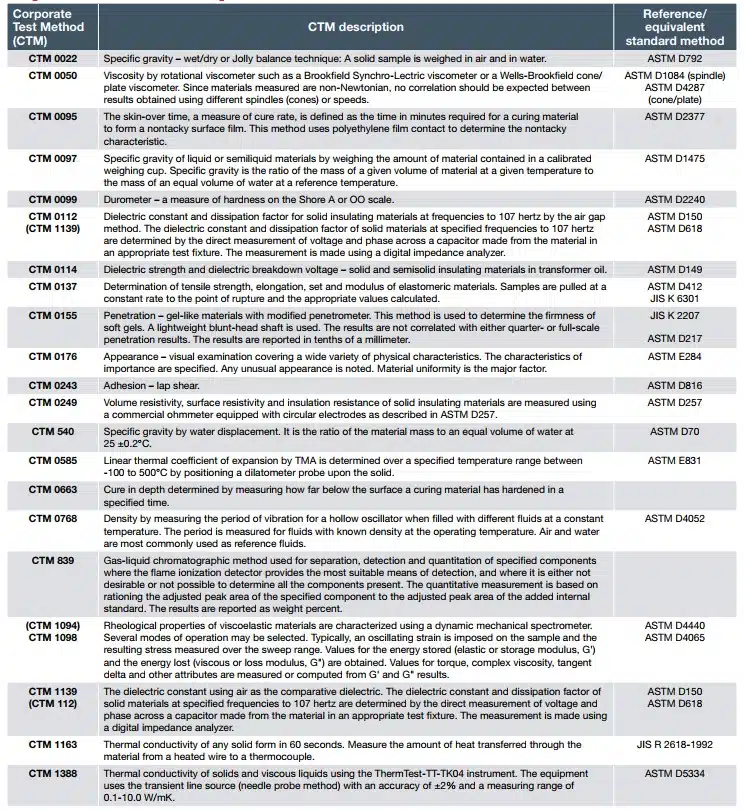
Source: Dow Selection Guide

